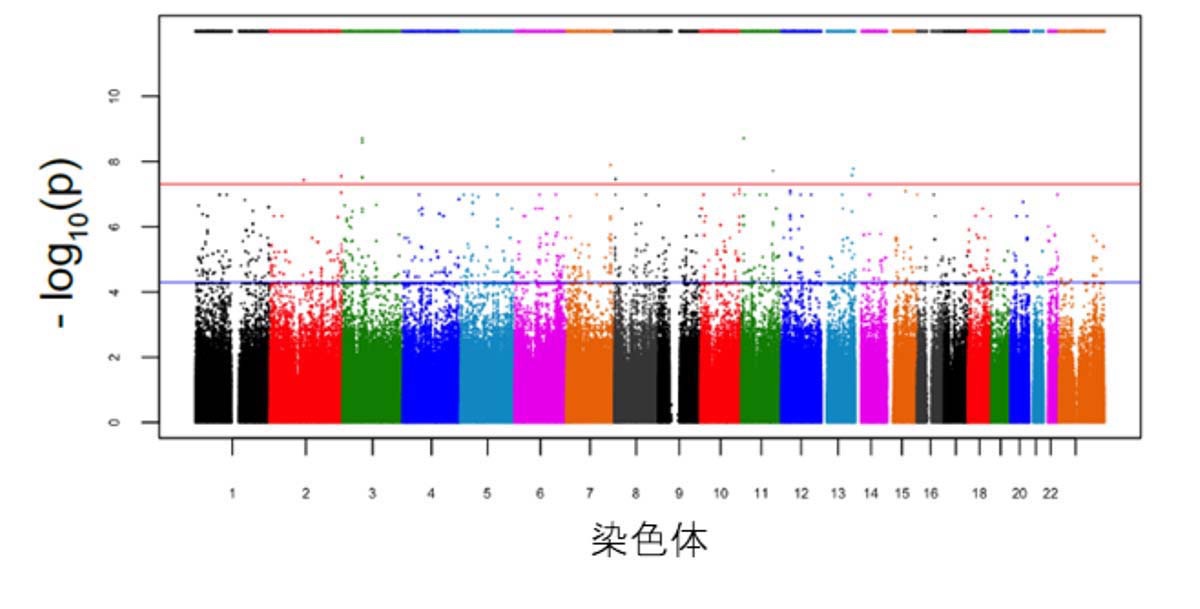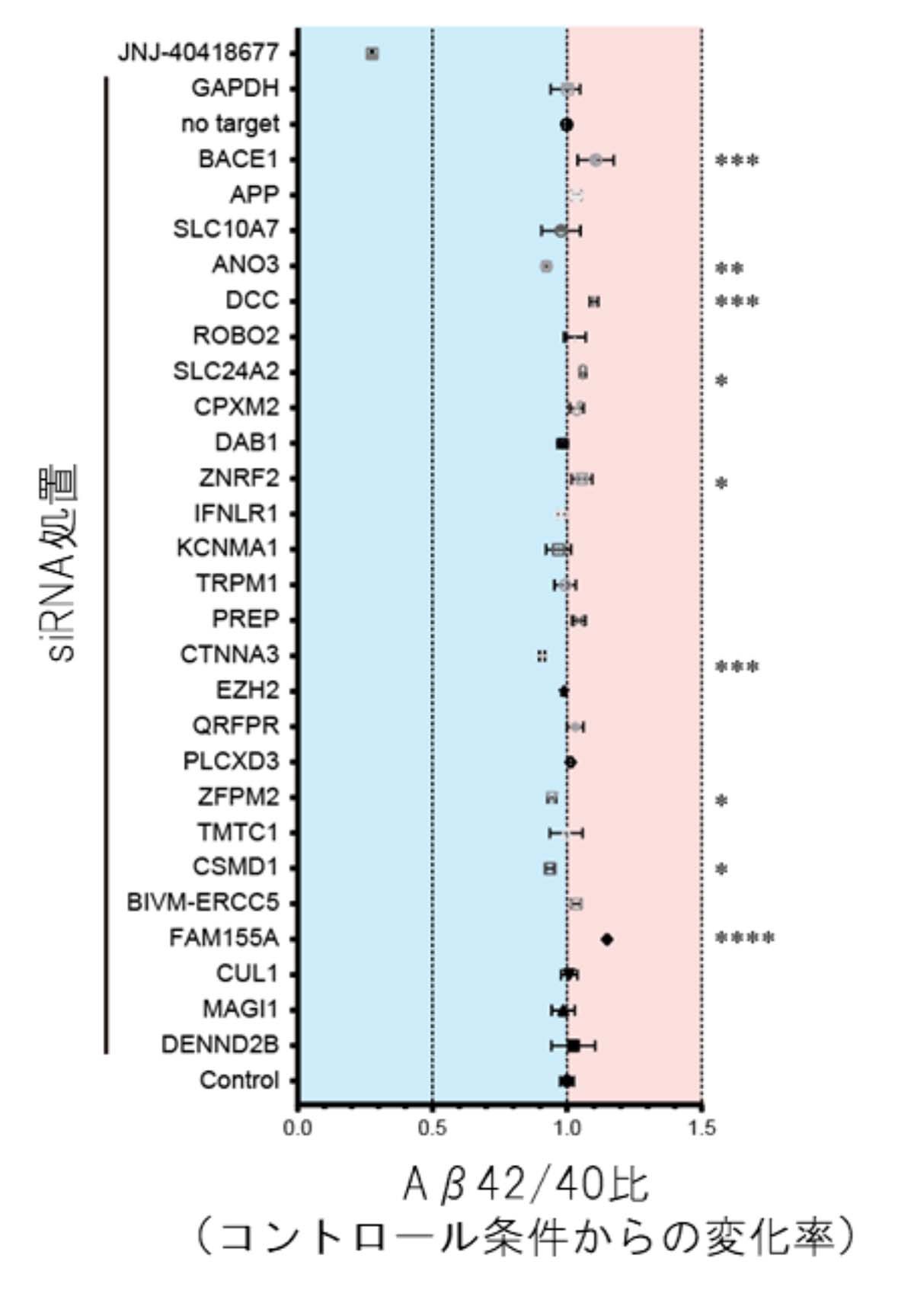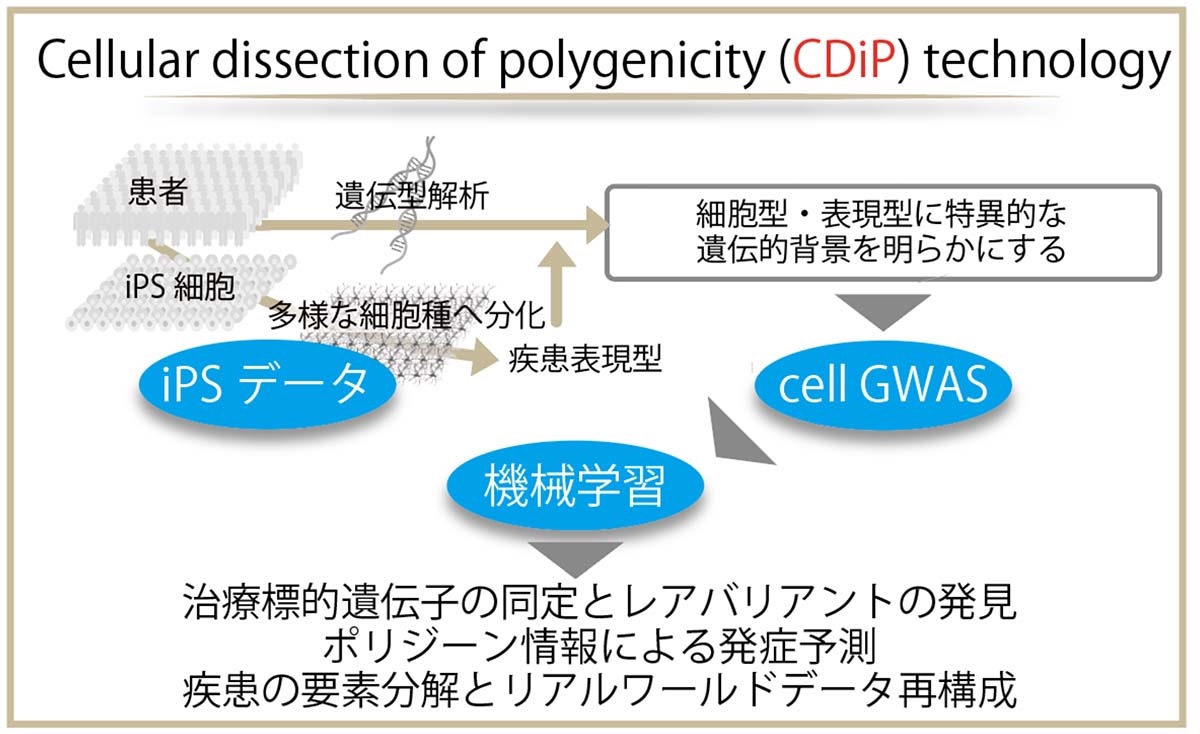


京都大学:用 iPS 识别与阿尔茨海默病相关的基因:
京都大学
Haruhisa Inoue 教授(神经内科)
使用“由阿尔茨海默病患者制成的 iPS 细胞”
“涉及阿尔茨海默病的多个基因”已被确定。
研究小组21日公布。
靶向这些基因将导致早期诊断和治疗药物的开发。
阿尔茨海默氏病:
阿尔茨海默氏病
原因是“大脑中特定蛋白质的过度积累”。
这次我们调查的是“散发性”,占90%以上的疾病,没有家族史。
血细胞基因分析:
研究团队
由 102 名患者的血细胞制成的 IPS 细胞在大脑中生长成神经细胞,并在细胞水平上重现疾病。
识别 24 个基因:
分析细胞中基因的功能。
我们确定了“24 个似乎与特定蛋白质相关的基因”。
而且,
还发现“这些基因中有8个参与了特定蛋白质数量的调节”。
高精度预测模型:
利用有关已识别基因和临床数据的信息。
建立一个模型,从个体遗传信息中高精度地预测疾病的发作。
日本经济新闻
https://www.nikkei.com/article/DGXZQOUE219O80R20C22A2000000/
使用 iPS 队列和机器学习重建阿尔茨海默病
-使用CDiP技术为无病社会解码散发性衰老疾病-
CiRA | 京都大学 iPS 细胞研究与应用中心
https://www.cira.kyoto-u.ac.jp/j/pressrelease/news/220218-010000.html
Dissection of the polygenic architecture of neuronal Aβ production using a large sample of individual iPSC lines derived from Alzheimer’s disease patients
Nature Aging
Abstract
Genome-wide association studies
have demonstrated that polygenic risks shape Alzheimer’s disease (AD).To elucidate the polygenic architecture of AD phenotypes at a cellular level,
we established induced pluripotent stem cells from 102 patients with AD, differentiated them into cortical neurons and conducted a genome-wide analysis of the neuronal production of amyloid β (Aβ).
Using such a cellular dissection of polygenicity (CDiP) approach,
we identified 24 significant genome-wide loci associated with alterations in Aβ production,
including some loci not previously associated with AD, and confirmed the influence of some of the corresponding genes on Aβ levels by the use of small interfering RNA.
CDiP genotype
sets improved the predictions of amyloid positivity in the brains and cerebrospinal fluid of patients in the Alzheimer’s Disease Neuroimaging Initiative (ADNI) cohort.Secondary analyses of exome sequencing data from the Japanese ADNI and the ADNI cohorts
focused on the 24 CDiP-derived loci associated with alterations in Aβ led to the identification of rare AD variants in KCNMA1.